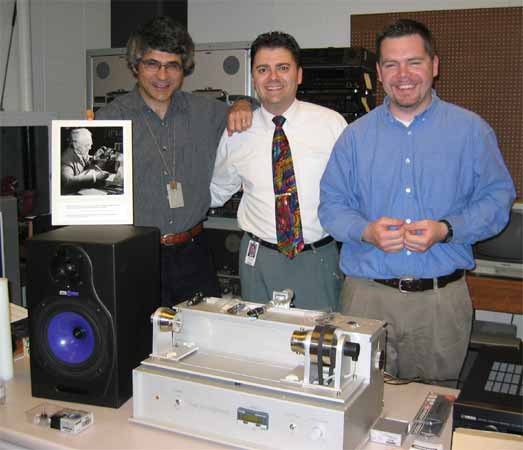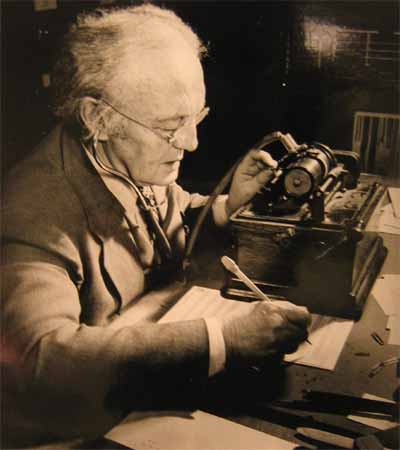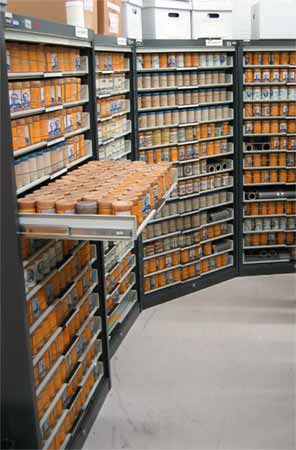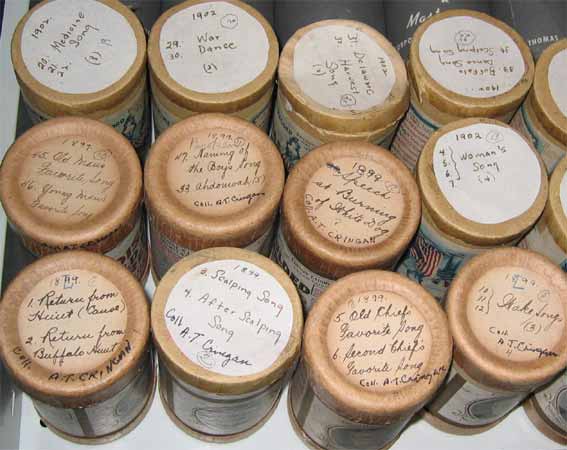The oldest recorded voices finally restored
As part of the project to digitize cylinders at the Canadian Museum of Civilization in Gatineau near Ottawa, I had the opportunity in recent days to deliver my latest Archeophone on-site. Not only was I received in the most friendly manner, but what I saw and heard there while setting up the machine fascinated me. The Museum houses an extensive collection of cylinders, most of which were recorded by Native Americans. This includes the Marius Barbeau collection, which deserves to be presented here in more detail.
Marius Barbeau, a Canadian ethnologist (1883-1969), was interested in Canadian folklore and Native Americans. After studying law, he pursued anthropology at Oxford and later at the Sorbonne.




